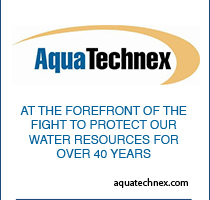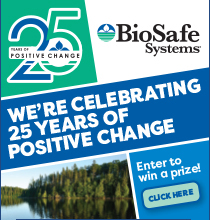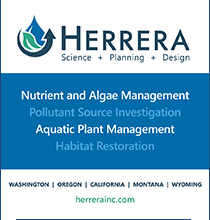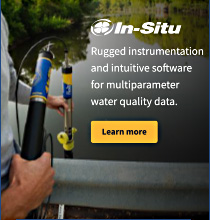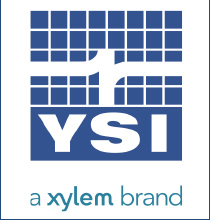by Rob Zisette, Immediate Past President
Once again this fall, WALPA held its annual conference online, this time with the theme “It Takes a Village” on October 20-22, 2021. In response to the rise in COVID-19 cases, we pivoted in early September from holding the conference in-person in Richland to having it live online via Zoom. We reduced the professional registration fee from $165 to $100 and gave those already registered the option of donating the difference to student scholarships. We had good attendance at 101 participants.
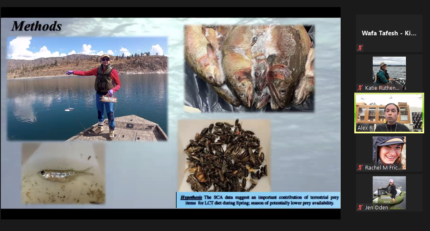 WALPA was very fortunate to have expert Zoom operators on board and free access to Snohomish County’s Zoom account. WALPA President Jen Oden and Director Katie Ruthenberg did a fabulous job preparing and directing the live conference without a hitch. We also appreciate all of our planned presenters for staying with us when we moved online. Jen and Katie held practice sessions for all presenters and moderators to make sure equipment and operations worked well, and did a great job guiding us through each conference session. The live format was simple and smooth and, as a presenter and observer, I preferred it to the recorded presentation format that we had last year. Unfortunately, we do not have presentations available for later viewing as we did last year.
WALPA was very fortunate to have expert Zoom operators on board and free access to Snohomish County’s Zoom account. WALPA President Jen Oden and Director Katie Ruthenberg did a fabulous job preparing and directing the live conference without a hitch. We also appreciate all of our planned presenters for staying with us when we moved online. Jen and Katie held practice sessions for all presenters and moderators to make sure equipment and operations worked well, and did a great job guiding us through each conference session. The live format was simple and smooth and, as a presenter and observer, I preferred it to the recorded presentation format that we had last year. Unfortunately, we do not have presentations available for later viewing as we did last year.
The conference started with two excellent workshops on Wednesday. First, John Holtz with HAB Aquatic Solutions http://habaquatics.com/ described the seven steps for successful lake management and how alum can be used to improve lake water quality. The aquatic invasive species (AIS) workshop covered both plants and animals in four hours that afternoon. Ben Peterson with King County Noxious Weeds showed us how to identify many aquatic invasive plants and their look-a-likes; his presentation is posted on our Annual Conference page. Jesse Schultz and his associates at Washington Department of Fish and Wildlife (WDFW) taught us about their AIS inspection stations, the huge threat posed by zebra/quagga mussels, how to identify invasive invertebrates and fish, and efforts to control recent introductions of the African clawed frog in ponds and the productive green crab in the Salish Sea.
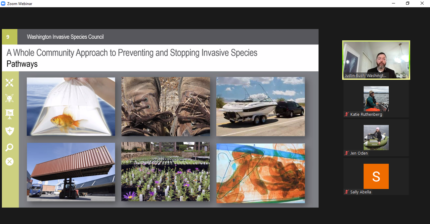 As our plenary speaker Thursday morning, Justin Bush of the Washington Invasive Species Council provided us with an excellent example of our theme “It Takes a Village”. He described our state’s community approach to preventing and stopping invasive species that, without control, could cost Washington $1.3 billion/year. We learned about efforts to engage lake communities and some of the many projects and reports we can use to keep lake invaders at bay. This was followed by a technical session on AIS where we learned about WDFW’s study of boat decontamination systems, AIS surveys of the Boundary Reservoir in Washington’s northeast corner, and invasive plant management. The permitting session was very helpful in clarifying requirements of the Aquatic Plant and Algae Management Permit and Hydraulic Project Approval. Thursday afternoon started with a series of interesting talks on algae and phosphorus control in lakes and concluded with posters on current research by students on Lake Ozette and Spirit Lake.
As our plenary speaker Thursday morning, Justin Bush of the Washington Invasive Species Council provided us with an excellent example of our theme “It Takes a Village”. He described our state’s community approach to preventing and stopping invasive species that, without control, could cost Washington $1.3 billion/year. We learned about efforts to engage lake communities and some of the many projects and reports we can use to keep lake invaders at bay. This was followed by a technical session on AIS where we learned about WDFW’s study of boat decontamination systems, AIS surveys of the Boundary Reservoir in Washington’s northeast corner, and invasive plant management. The permitting session was very helpful in clarifying requirements of the Aquatic Plant and Algae Management Permit and Hydraulic Project Approval. Thursday afternoon started with a series of interesting talks on algae and phosphorus control in lakes and concluded with posters on current research by students on Lake Ozette and Spirit Lake.
We concluded Thursday with our annual business meeting and a social hour. After thanking our conference sponsors (see below), I summarized the accomplishments of each WALPA committee for the previous year, covering ongoing conference planning, board nominations, and newsletter and social media outreach. Legislative committee achievements included support of HB 1152 for health department funding of toxic algae program, SB 5141 for environmental justice, and Washington State Invasive Species Council renewal. Our diversity/equity/inclusion committee conducted a member demographic survey and developed a meeting code of conduct. The citizen outreach committee is planning a western regional conference (online) for the lake community, and WALPA has partnered with WDFW to train lake managers on AIS decontamination procedures.
WALPA’s Secchi award was most deservedly given to Jenifer Parsons, The Plant Expert, who recently retired from Ecology. While we watched Jen in action via a series of photos, Maggie Bell McKinnon and other colleagues shared how wonderful she has been to work with and how lucky we have been to have such a great resource for identifying and understanding aquatic plants in our lakes.
Student Scholarship winners were announced: Alexander Reyes, PhD, Washington State University, Vancouver for the $1,250 Nancy Weller Memorial Scholarship; Rachel Fricke, MS, University of Washington, Seattle for the $1,000 Dave Lamb Memorial Scholarship; Meg McCann, University of Washington, Tacoma for the $500 Undergraduate Scholarship; and the 2021 Special Award to the student team of Noah Box, Allison Simmons, and Alexandra Tyler, Walla Walla University ($167 each). Each student presented their research at the conference.
We saluted the dedication and contributions of outgoing President Sally Abella, Secretary Joan Hardy, and directors Avery Cook Shinneman and Mark Sytsma. WALPA especially appreciates Sally and Joan’s contributions through their many board positions over many years. We approved and welcomed Matt Colston as President Elect, Katie Ruthenberg as Secretary, the four new directors: Jeremy Walls, Curtis DeGasperi, Drew Stang, and Katie Sweeney. To learn more about the WALPA Board, see our Board and Committees page.
Our social hour was conducted in Gather, which was a fun way to have small group meetings in an interactive virtual space.
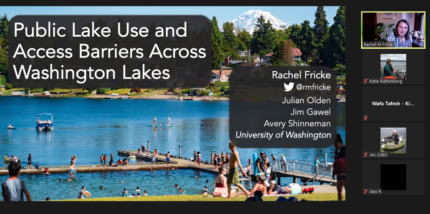 The conference wrapped up on Friday morning with three technical sessions. Algae and Phosphorus Control Part 2 presented research on phosphorus removal from stormwater (see related article in this Waterline) and phosphorus sequestration from lakes using Phoslock and zero valent iron. The next session included presentations on lake use and access barriers, using volunteers to monitor and protect lakes, the food web of a saline lake, and long-term trends in stream water quality. The final session included five posters showcasing a wide variety of student research at the University of Puget Sound and the University of Washington Seattle, Bothell, and Tacoma campuses.
The conference wrapped up on Friday morning with three technical sessions. Algae and Phosphorus Control Part 2 presented research on phosphorus removal from stormwater (see related article in this Waterline) and phosphorus sequestration from lakes using Phoslock and zero valent iron. The next session included presentations on lake use and access barriers, using volunteers to monitor and protect lakes, the food web of a saline lake, and long-term trends in stream water quality. The final session included five posters showcasing a wide variety of student research at the University of Puget Sound and the University of Washington Seattle, Bothell, and Tacoma campuses.
In conclusion, our 2021 conference was very successful thanks to our volunteer planners, Zoom hosts, moderators, and presenters. The format allowed for good attendance and we learned a lot from the exceptional content.
Special thanks go to our many generous sponsors! AquaTechnex, CD3, Herrera, and YSI/Xylem provided support at the Gold level; our Silver sponsors were Aquarius Systems and EutroPhix, and Bronze sponsors were In-Situ and WWU’s Institute for Watershed Studies.
Although we have yet to tally the bottom line, the high number of paying registrants without a hotel bill surely bolstered our coffers for the coming year. We look forward to meeting in person next year in Richland!



